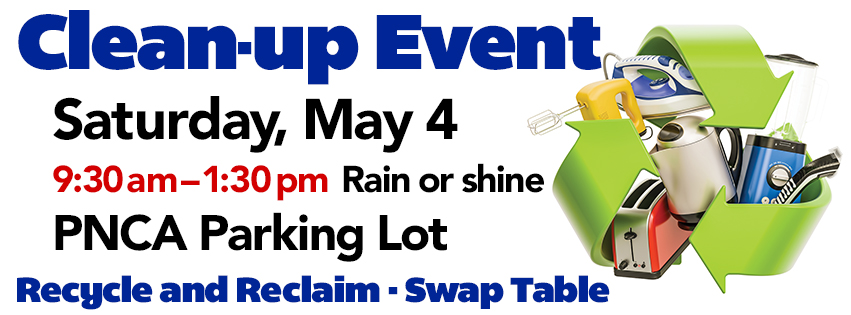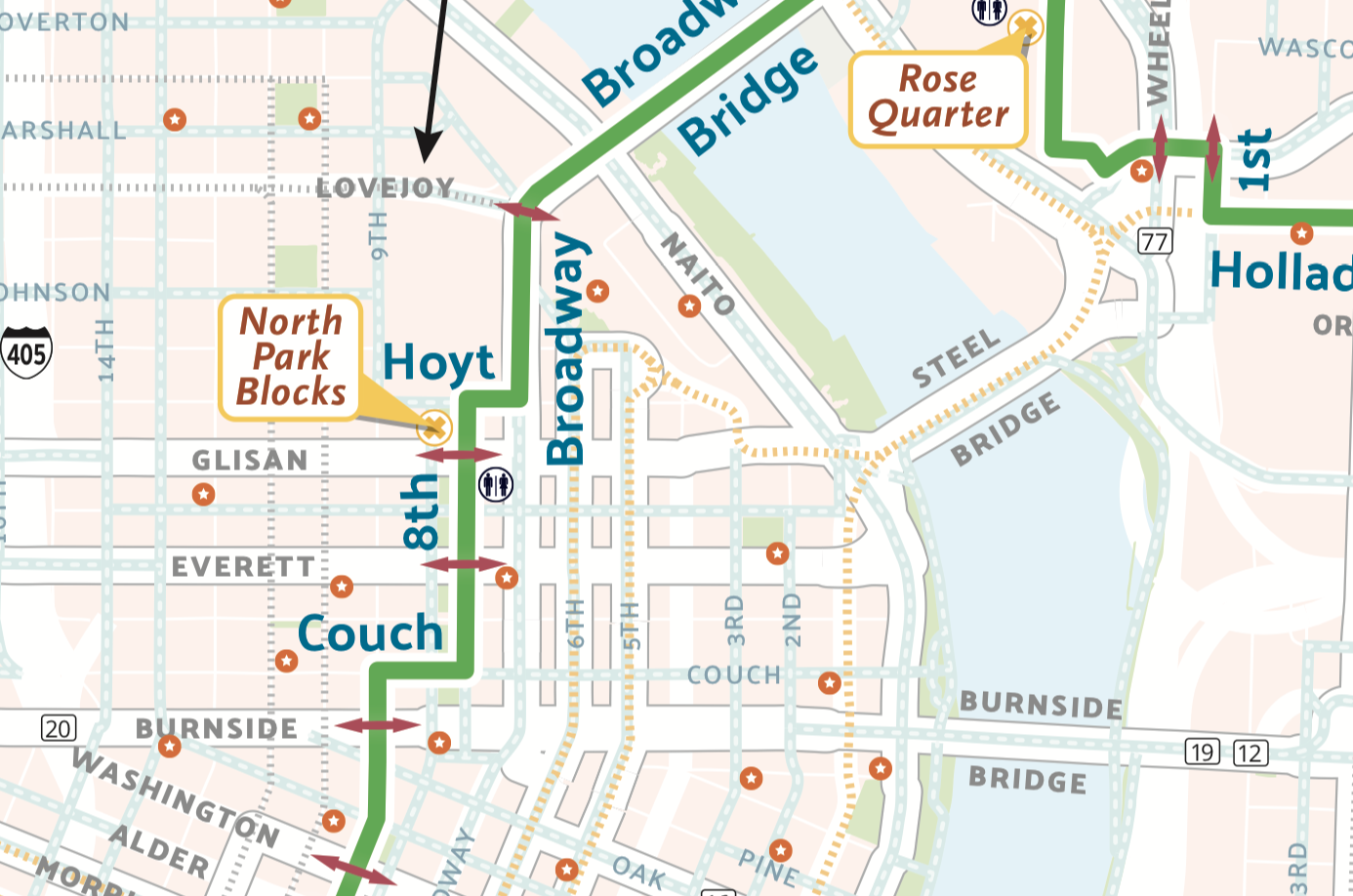Tag: PDX
-

Recycle, Reclaim Clean-up Event + Art Show – May 4th
Recycle, Reclaim Clean-up Event + Art Show – May 4th #PDX North Park Blocks
-

North Park Blocks hosts Green Loop / Sunday Parkways
North Park Blocks will be one of the best stops along (7 mile) Green Loop / Sunday Parkways on July 22, 2018 (11:00 am to 4:00 pm) Here’s the activities we are hosting: All Day Zumba Classes from Portland Parks and Recreation Kids soccer nets BIKETOWN – Portland’s bike share system: sign up and take your…